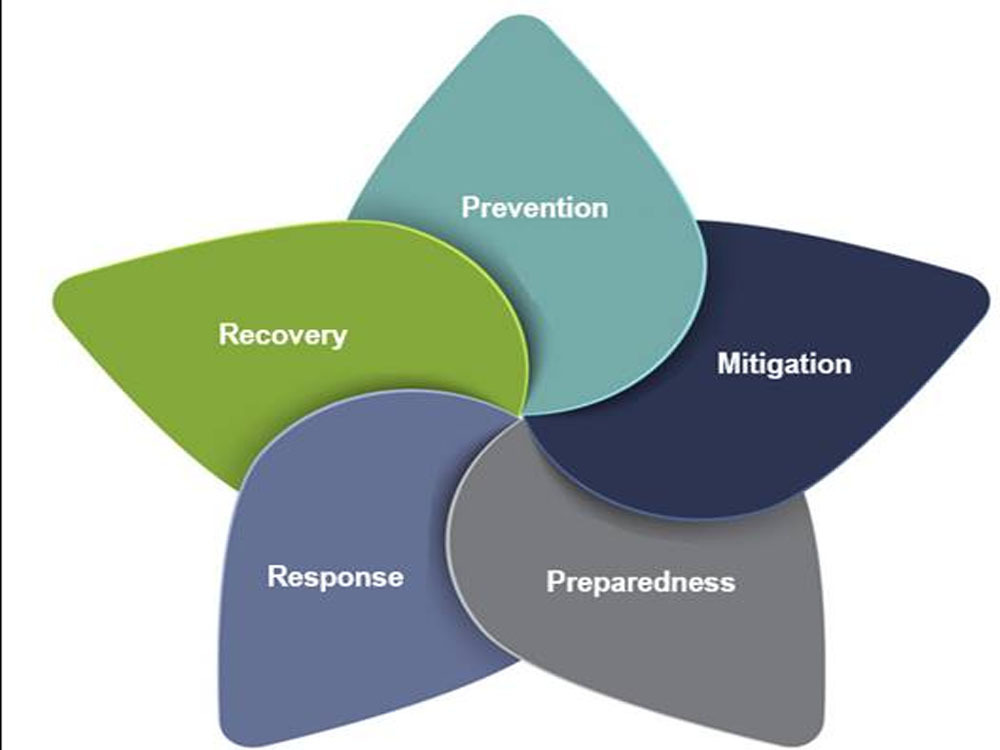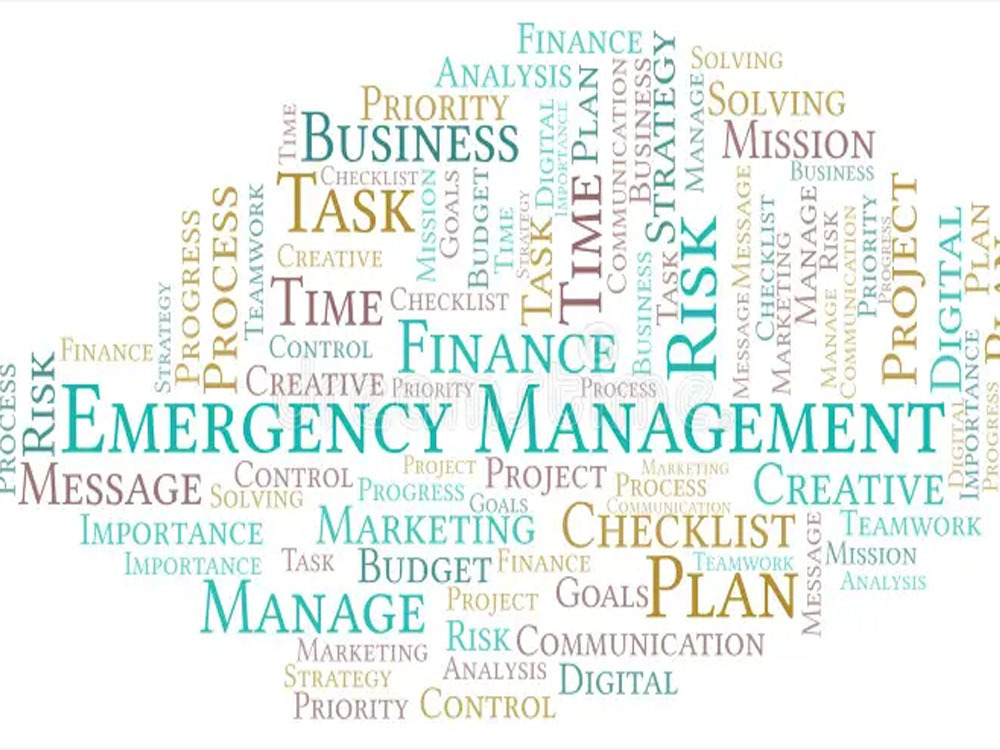The management of emergencies is a critical aspect of healthcare delivery aimed at addressing acute and life-threatening medical situations promptly and effectively. Emergency management encompasses a wide range of scenarios, including cardiac arrests, trauma injuries, severe allergic reactions, respiratory distress, and neurological emergencies. Emergency medical professionals, including paramedics, emergency physicians, nurses, and first responders, are trained to assess, stabilize, and treat patients in crisis situations, often under high-pressure conditions.
Timely and efficient triage is a fundamental component of emergency management, enabling healthcare providers to prioritize patients based on the severity of their condition and allocate resources accordingly. Triage systems categorize patients into different priority levels, such as immediate, urgent, and non-urgent, to ensure that those with life-threatening injuries or illnesses receive immediate attention and interventions. Effective communication, teamwork, and coordination among members of the emergency response team are essential for streamlining the triage process and delivering timely care to those in need.


